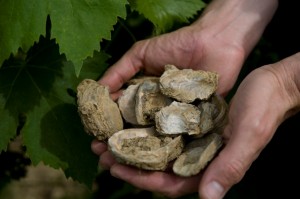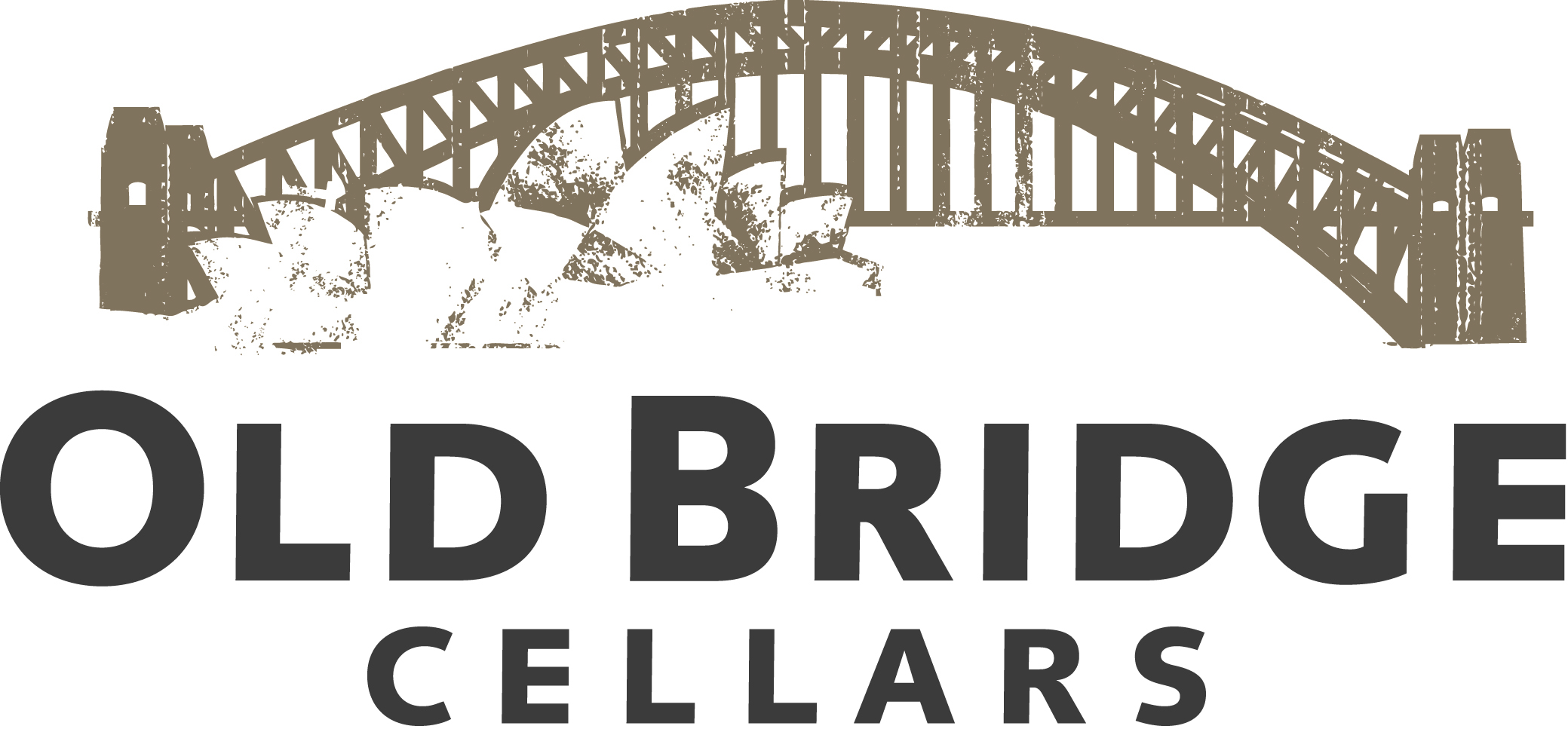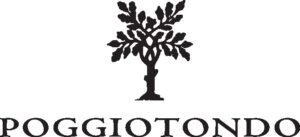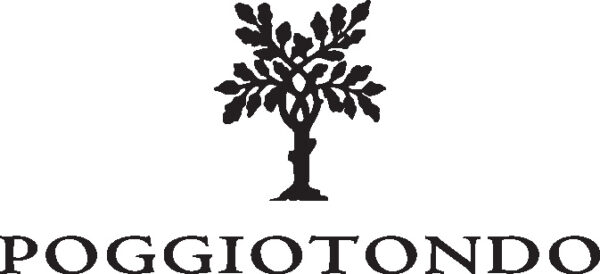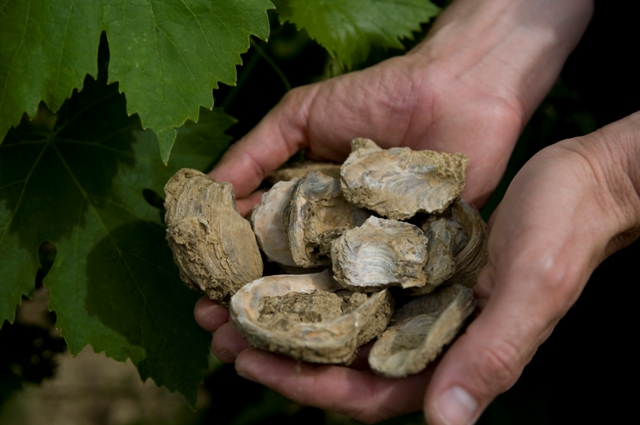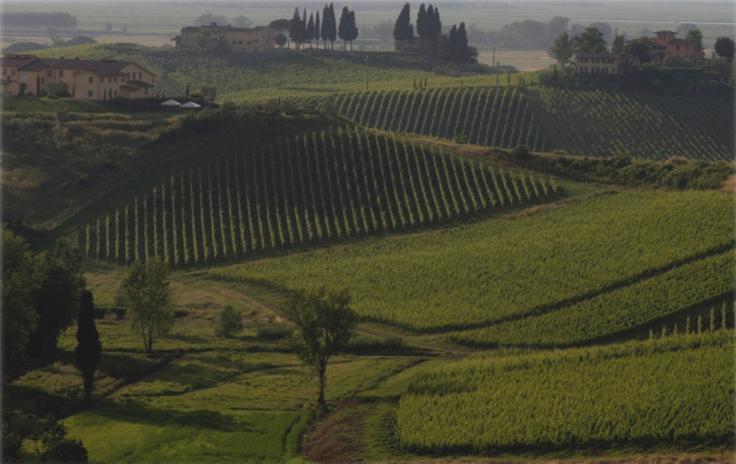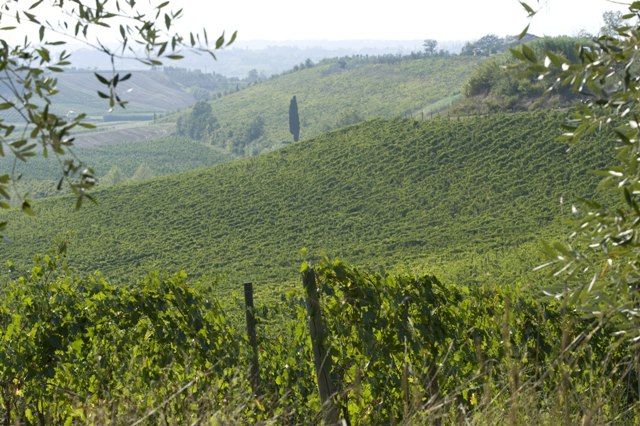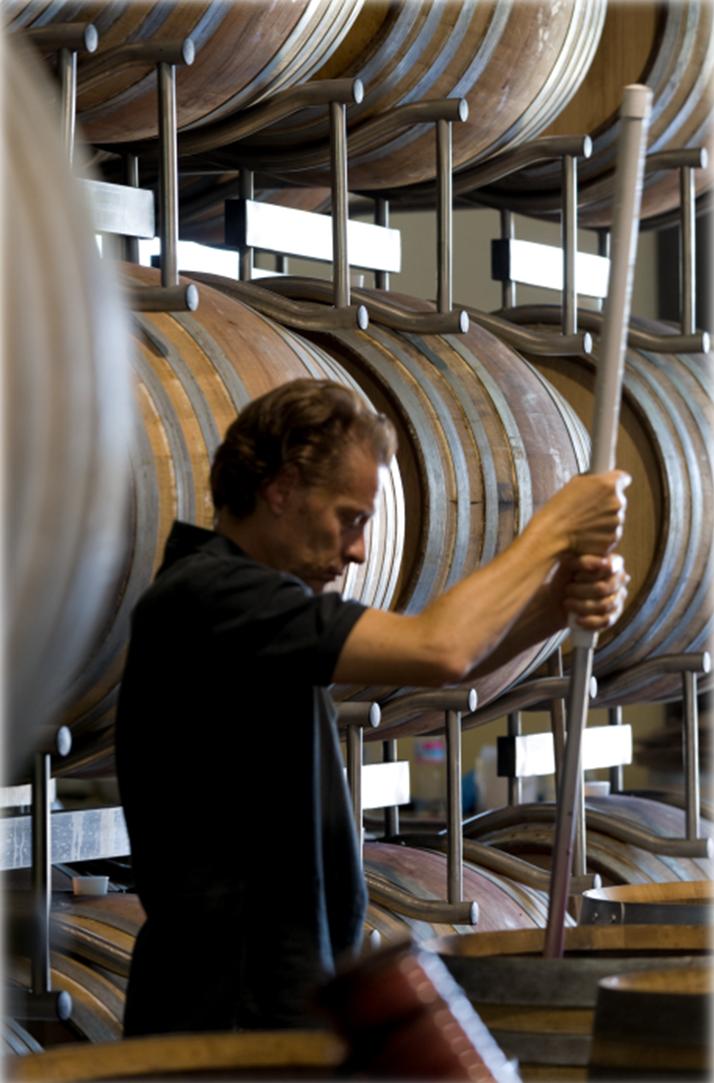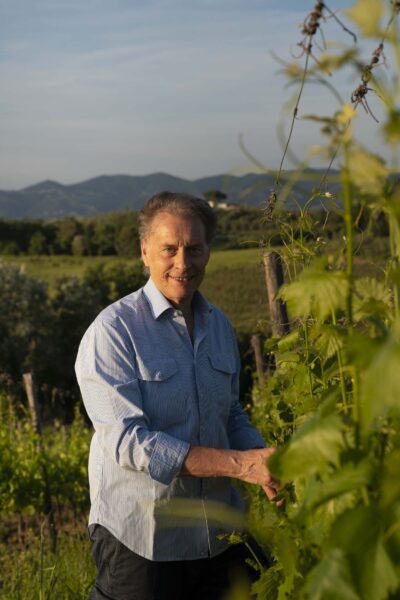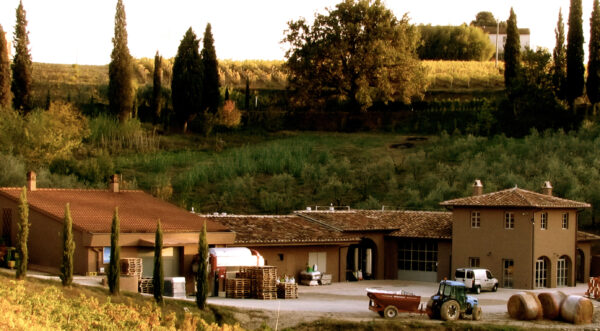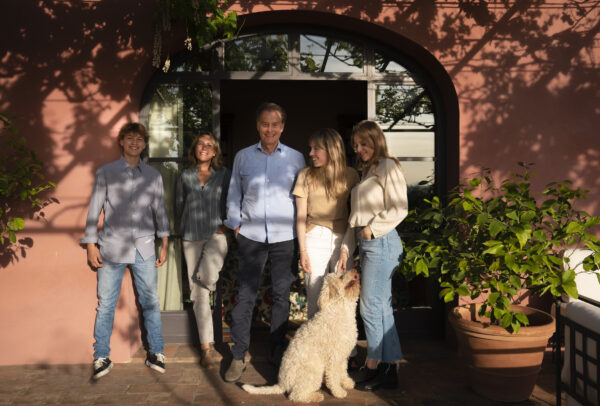- Founded
- 1968
- Winemaker
- Alberto Antonini
- Size
- 123 acres
- Climate
- Maritime with a strong Mediterranean influence; hot, dry summers, wet spring/autumn, and cold, dry winters
- Key Varietals
- Sangiovese, Canaiolo, Trebbiano, Colorino, Ansonica, and Vermentino
Tuscany, Italy
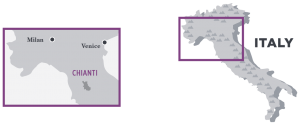
Wines
"Bianco" Vermentino
Rosso
Chianti DOCG
Chianti Classico "Terre di Cresci"
Chianti Superiore
Chianti Riserva
"Vigna delle Conchiglie" Chianti Riserva DOCG
Marmoreccia
Don’t see what you’re looking for? Contact us at marketing@obcwines.com
"'Energy' may sound odd, or pretentious, in a tasting note but once you have tasted this wine, or almost any recent vintage of a wine made by Italian consultant Alberto Antonini... I think you will know what I mean."
About
This family estate winery lies in the northwestern corner of the Chianti region, resting on the hills between the Montalbano and Arno valleys, where 123 acres of vines are joined by some 2,000 olive trees on the Poggiotondo property. Founder and winemaker Alberto Antonini is a scholar of modern winemaking, building on the knowledge of generations of Tuscan winegrowers before him through studies at the University of Florence, Bordeaux University, and University of California Davis. Ten years honing his skills with Tuscan leaders Frescobaldi, d’Orcia and Antinori led to winemaking stints in the United States, before establishing his own oenological consultancy company. While Alberto’s projects now span the globe, none provide the opportunity to express his deepest winemaking convictions more succinctly than these Tuscan vineyards, where he lives with his wife Alessandra and their three children. Here, flanking the Apennines in the path of the Arno River’s sea-bound journey from Florence to Pisa, the vineyards enjoy a Mediterranean influence. The mild, even climate lends suppleness to the oft-astringent and angular king of Tuscan grapes, Sangiovese, and soils riddled with remnants of sea life afford minerality and complexity to these modern DOCG and IGT renditions.
Visit WebsiteWinemaking
Balance and harmony are the key drivers behind Alberto’s winemaking decisions. Crafting these wines in a modern style whilst adhering to the true regional characteristics of Chianti, he avoids any aggressive techniques which may alter the expression of the vineyards’ terroir. Native yeasts are spontaneously employed, a gravity flow system preserves the integrity of the fruit, and the use of oak and concrete for fermentation ensures the wines are made in living, breathing materials. Open top vats allow for gentle punch downs, while 500L rolling fermentation barrels used for the estate’s top wines offer a very gentle method of fermenting, protecting the wines from oxygen and preserving the integrity of the fruit character. Wines are aged on lees, with regular stirring for richness and complexity. Ultimately, these wines offer an astute winemaker’s interpretation of Chianti, emphasizing the land’s unique accent above any winemaking influence; they are a pure expression of the Poggiotondo estate.
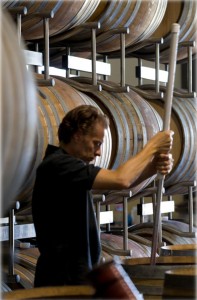
Viticulture
The diversity of Chianti is due primarily to the dominance of one particularly sensitive grape variety, Sangiovese, being grown in an environment of highly varied soils and exposures. Driven to understand his land in all its complexity and to intimately manage each block, Alberto has undertaken extensive field research with terroir specialist Pedro Parra, including GPS mapping of the vineyards. This research uncovered a common marine-derived foundation that unites Poggiotondo’s vineyard parcels, with waves of fossilized seashells cresting through the red clay in this gently undulating land. High-density replanting was undertaken in 2002 to precisely match indigenous varieties with specific sites, nurtured through organic and biodynamic farming. Antonini was compelled to practice organic and biodynamic viticulture initially because of his firm belief that in order to make wines with a sense of place, one must first and foremost do everything to preserve it. The official organic certification was awarded for Poggiotondo’s vineyards and wine by the EU accredited Suolo e Salute in 2014. The Antonini family’s intention is to leave the smallest footprint possible on the environment.
